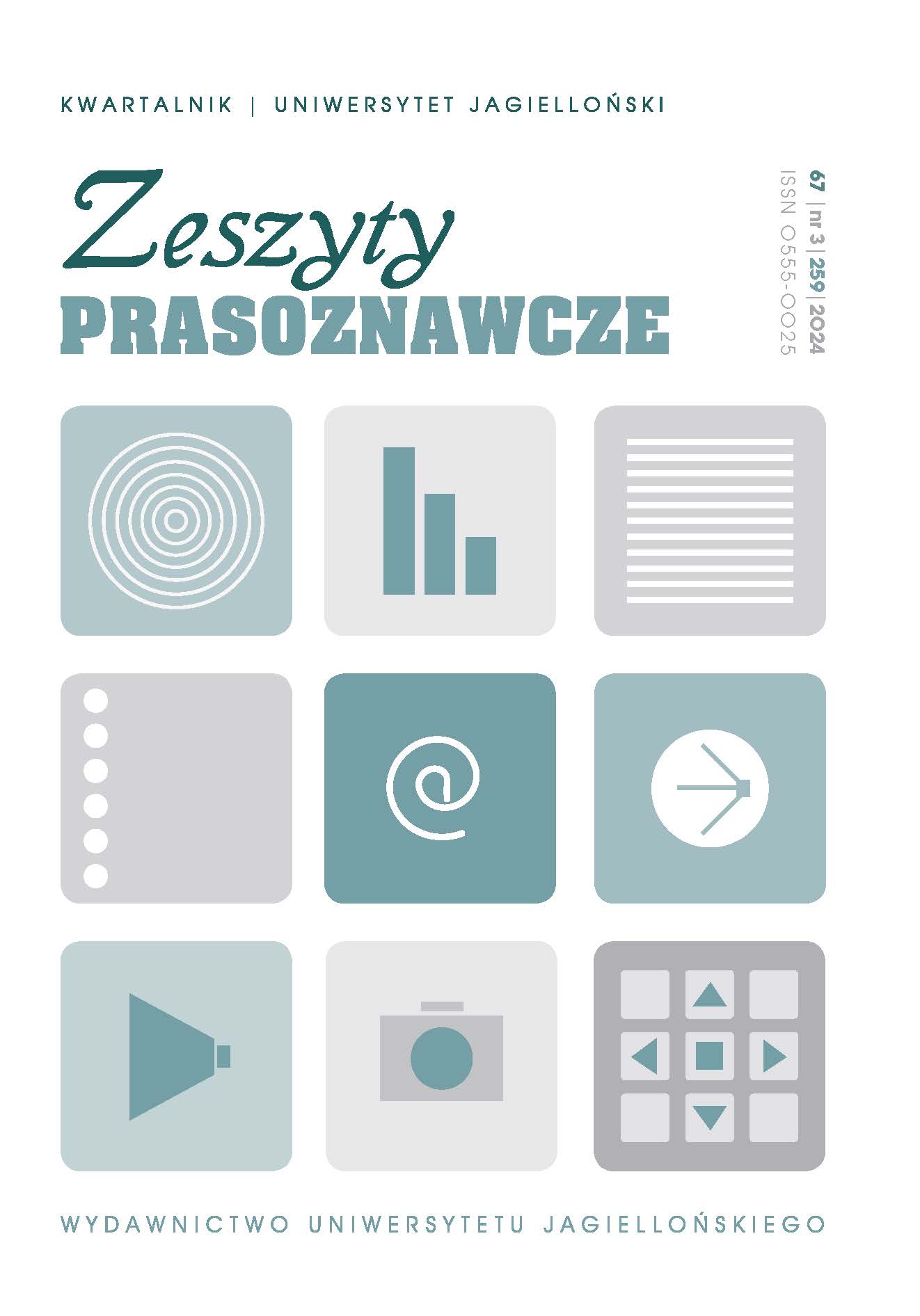Conspiracy Theories Generated by Digital Anti-vaccination Communities. Netnographic Case Study of a Facebook Group
Conspiracy Theories Generated by Digital Anti-vaccination Communities. Netnographic Case Study of a Facebook Group
Author(s): Bogna Halska-Pionka, Patrycja ChebaSubject(s): Social Sciences, Media studies, Library and Information Science, Other, Communication studies, Sociology, Crowd Psychology: Mass phenomena and political interactions, Sociology of Culture
Published by: Wydawnictwo Uniwersytetu Jagiellońskiego
Keywords: conspiracy theories; netnography; digital communities; COVID-19; social media
Summary/Abstract: The COVID-19 pandemic has contributed to the emergence of anti-vaccine groups and the dissemination of conspiracy theories on social media. These pseudoscientific conspiracy theories have led to the spread of xenophobic, racist, and potentially harmful information within society. This article aims to address a research gap by delving into the contextual factors that support the development of conspiracy theories. The aim of this article is to recognize the essence and activity of members of the digital community and to identify the contexts (cultural, economic, political, social, etc.) supporting the process of generating conspiracy theories using the example of a Facebook group. The methodological approach employed will be virtual ethnography (netnography), conducted through an exploratory case study of a selected Facebook group. The empirical data were taken from March 2020 to June 2022. To streamline the analysis, the research team extracted four keywords or concepts – “coronavirus”, “COVID-19”, “COVID”, and “SARS‑CoV-2” – based on the frequency of their occurrence in the content. The research adopts an interdisciplinary perspective, drawing upon insights from media studies, social communication, sociology, and anthropology. The objective of this article is to present the current status of the project, which has received funding under the Strategic Program Excellence Initiative of Jagiellonian University.
Journal: Zeszyty Prasoznawcze
- Issue Year: 2024
- Issue No: 3 (259)
- Page Range: 137-155
- Page Count: 20
- Language: English

